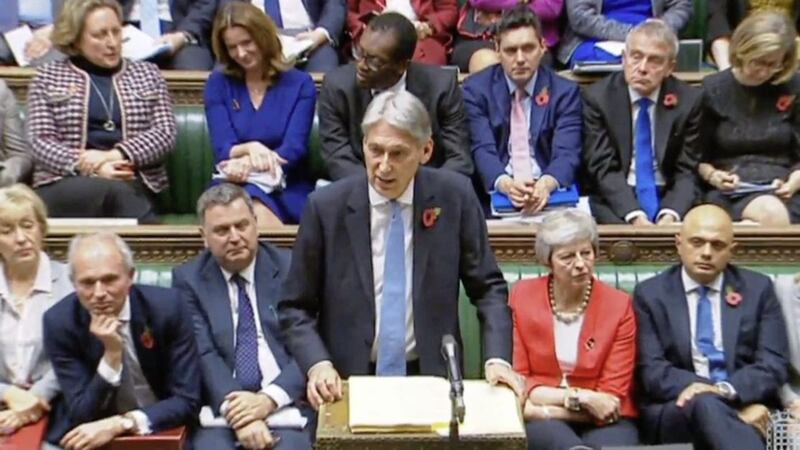QUESTION: The Chancellor announced changes to Entrepreneur’s Tax Relief in the recent Budget. Will the changes have an impact on my ability to claim the reduced 10 per cent capital gains tax rate if I disposal of a business asset? Also, will the changes have an impact on the tax I will have to pay if I sell shares in my trading company?
ANSWER: Phillip Hammond set out his plans to make a number of significant changes to Entrepreneurs’ Relief. It allows a reduced tax rate of 10 per cent to be applied to profits arising on the disposal by an individual or trustee of a qualifying business asset.
Business owners and advisers breathed a collective sigh of relief as Mr Hammond extolled the virtues of entrepreneurs’ tax relief and made it clear that the government’s intention is to continue to encourage business investment by retaining this relief for the private investment sector of the economy. With the reduced tax rate of 10 per cent and a lifetime limit of £10 million remaining intact after the Budget announcements, this relief continues to be very attractive, despite three important changes having been made to the current rules.
The first change applies if the disposal is of shares in a trading company or the holding company of a trading group. The previous rules provide that the shareholder disposing of shares must have held at least 5 per cent of the voting rights and must also have been an employee or office holder of the company.
The individual was only required to own 5 per cent of the ordinary share capital, tested by nominal value of shares and which gave entitlement to 5 per cent of the voting rights. This definition has now been expanded so that shareholder must now also have a 5 per cent interest in the distributable profits and assets of the company at the time of the disposal of shares. This change applied from October 29.
A second change was announced in connection with the period for which the qualifying conditions must be met. The conditions for Entrepreneur’s Relief must now be met for at least two years prior to the date of the disposal, rather than the current requirement for one year. This change will apply to disposals on or after next April.
The third and final change announced applies in situations where a shareholder is diluted to fall below the 5 per cent shareholding test as a result of genuine commercial reasons, such as the exercise of share options or the acquisition of shares by third parties. If this occurs, Entrepreneur’s Relief will be retained on the growth of the shares up to the point of dilution.
The shareholder can then elect, if desired, for the notional gain arising at the date their shareholding fell below 5 per cent to be deferred until such time that the shares are sold. This effectively locks in and protects the 10 per cent tax charge.
An interesting point to note regarding the uplift to a two-year ownership requirement is that where an individual holds enterprise management incentive share options in their employing company the two-year rule applies from the ‘date of grant’ of the options, not the ‘date of acquisition’ of the shares.
EMI options are not subject to the 5 per cent restriction rule so on balance this means that in certain circumstances awarding shares by the route of share options might give individuals an incremental benefit compared to if they were to own shares directly. This might make share option schemes an attractive option for many companies.
The new legislation will mean that shareholders will need to continuously monitor their equity ownership and pay particular attention to special classes of shares currently in issue such as employee shares, preference shares and growth shares. Also, equity arrangements will now need to be reviewed well in advance of a potential sale to determine if Entrepreneur’s Relief is available under the new rules.
:: Janette Burns (j.burns@pkffpm.com) is associate director at PKF-FPM Accountants (www.pkffpm.com). The advice in this column is specific to the facts surrounding the question posed. Neither The Irish News nor the contributors accept any liability for any direct or indirect loss arising from any reliance placed on replies.








